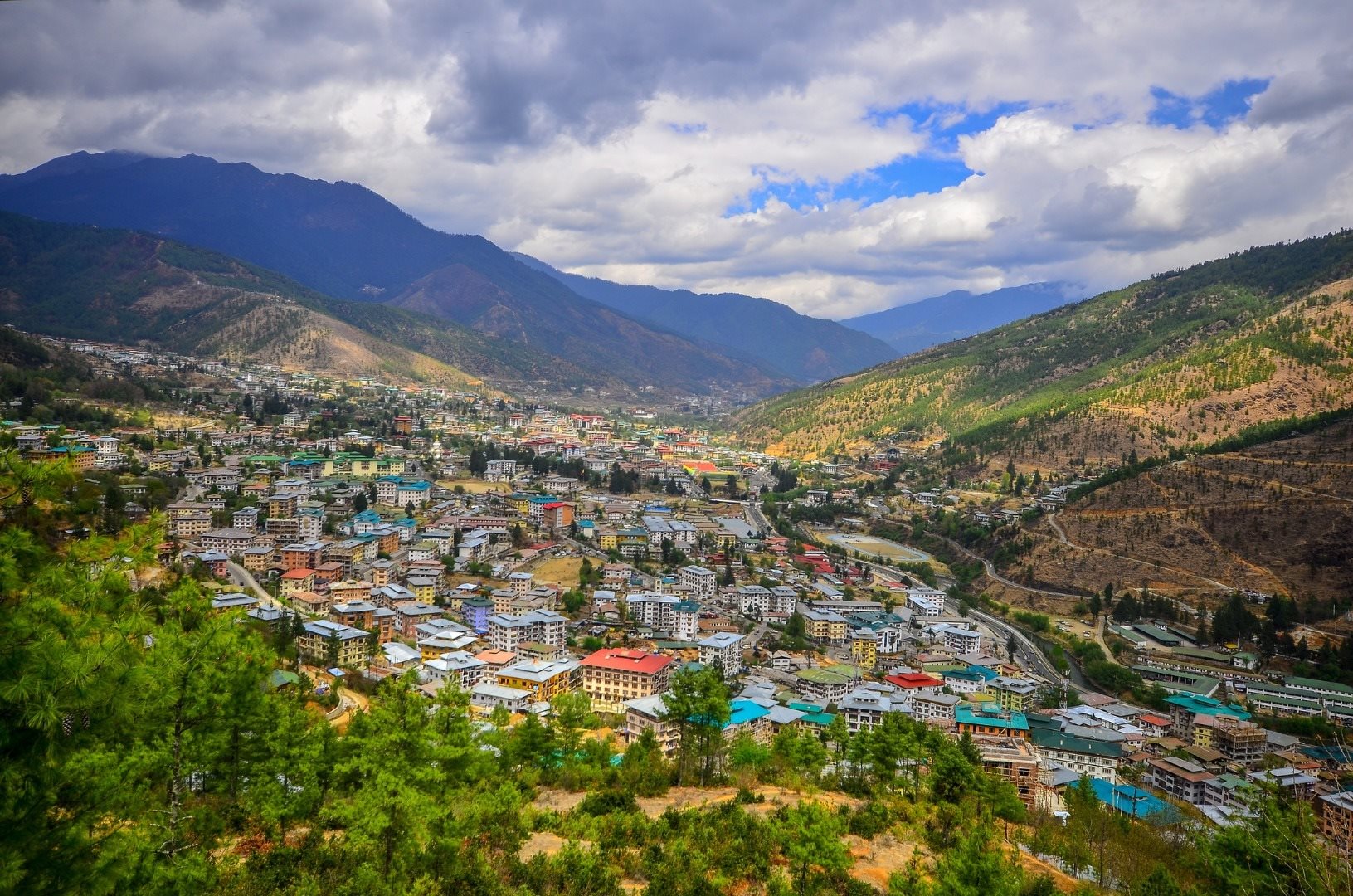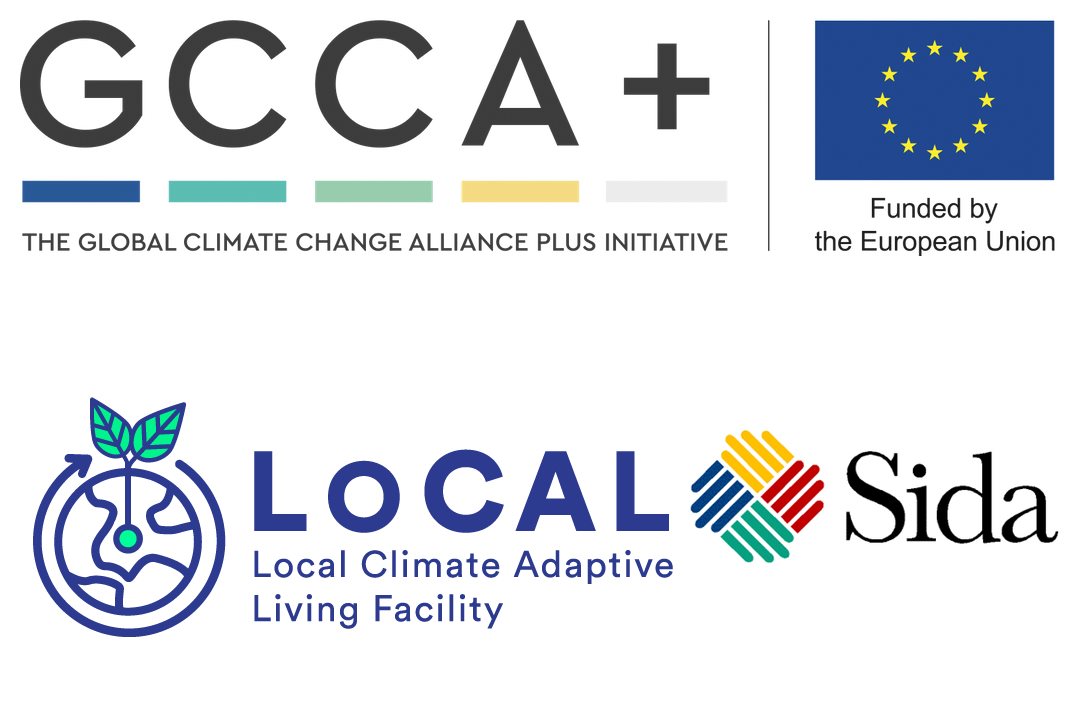Bhutan gains GCF accreditation with the support of UNCDF
 © Siriwan Pitimanaaree|Dreamstime.com
© Siriwan Pitimanaaree|Dreamstime.com
Tags

The Bhutan Trust Fund for Environmental Conservation (BTFEC) has gained accreditation as Bhutan’s first National Implementing Entity (NIE) of the Green Climate Fund (GCF). UNCDF assisted BTFEC through the application process, with the support of the EU's Global Climate Change Alliance Plus Initiative and the Swedish International Development Cooperation Agency (SIDA).
GCF accreditation will allow BTFEC to propose projects for GCF funding with support from the Gross National Happiness Commission (GNHC), the National Designated Agency (NDA) for GCF in Bhutan. BTFEC can propose projects of up to US$10 million value for GCF assistance, with projects implemented directly by BTFEC or by nominated implementing entities. All projects must meet GCF requirements for financing.
GCF accreditation has strict requirements. Applicants must show how they will contribute to the GCF objectives in climate change mitigation and/or adaptation, and must demonstrate institutional capacity, operational procedures and track record in four main areas: fiduciary, project management, environmental and social safeguards and gender. To achieve accreditation, BTFEC had to upload approximately 100 documents as evidence and respond to detailed review questions in a two-stage process. Stage 1 of the review was a check that all required documents and evidence has been submitted, while Stage 2 was a review by an Accreditation Panel (AP) of independent experts, before the final recommendation was be submitted to GCF Board for approval.
GNHC nominated BTFEC for GCF accreditation in 2016, and the support from UNCDF began with discussions during the COP 23 meeting in Bonn, Germany on January 2017. UNCDF is supporting partner agencies in a number of countries through the GCF accreditation process, with a particular focus on helping national governments and agencies access climate adaptation finance for local governments using the “LoCAL” methodology. Bhutan was one of the first countries to pilot LoCAL in 2012 and onwards.
UNCDF assisted BTFEC in analyzing the accreditation requirements, selecting key evidence documents to demonstrate compliance and in identifying gaps to be filled. During 2017, BTFEC gained accreditation to Adaptation Fund (AF), placing it on a GCF “fast track” in which many of the basic fiduciary requirements were considered fulfilled.
As a well-established agency specialized in managing funds and awarding grants for environmental sector activities, BTFEC was well-positioned to fulfil GCF accreditation requirements. However, some fiduciary procedures were found to need strengthening – for example, prevention of money laundering, which was seen as low-risk in the context of Bhutan and BTFEC activities. Also, BTFEC did not have highly structured environmental and social (E&S) risk management procedures.
BTFEC adopted a new E&S Policy to meet the requirements of AF and GCF, and requested UNCDF help to operationalize the policy using a “Risk Dashboard” based on a model developed by South Africa’s National Biodiversity Institute. Accordingly, UNCDF helped BTFEC develop a simple “E&S Dashboard” that can assist grantees to screen grant projects for E&S risks, develop risk management measures and track implementation.
During the application process BTFEC conducted a study visit to exchange experiences with UNCDF’s partner for LoCAL in Cambodia, National Committee for Sub-National Democratic Development (NCDD-S), which was slightly ahead of BTFEC on the GCF accreditation track. NCDD-S was accredited to GCF in November 2019.
A key lesson from the experience of BTFEC on securing accreditation is the importance not only of having sound, GCF-compliant procedures in the operations manual, but also being able to demonstrate track record in implementing these procedures. The application process is long and sometimes complex but with early identification of procedural gaps, this time can be used to introduce, operationalise and develop track record in any required new procedures. BTFEC required more than one year to complete Stage 1, but as a result it was able to present a high quality and thoroughly documented application for expert review in Stage 2, satisfying the panel after only minor additional requests for information.
With its accreditations to Adaptation Fund and GCF now secured, BTFEC is in a position to bring true national ownership to management of climate change finance in Bhutan.
The Local Climate Adaptive Living Facility (LoCAL) helps local government authorities in developing and least developed countries access the climate finance and capacity-building and technical support they need to respond
and adapt to climate change. A standard, internationally recognized mechanism designed and hosted by the UN Capital Development Fund (UNCDF), LoCAL promotes climate change– resilient communities and local economies.
LoCAL combines performance-based climate resilience grants (PBCRGs) – which ensure programming and verification of climate change expenditures at the local level while offering strong incentives for performance improvements in enhanced resilience – with technical and capacity-building support.
The Local Climate Adaptive Living Facility (LoCAL) helps local government authorities in developing and least developed countries access the climate finance and capacity-building and technical support they need to respond and adapt to climate change. A standard, internationally recognized mechanism designed and hosted by the UN Capital Development Fund (UNCDF), LoCAL promotes climate change– resilient communities and local economies.
LoCAL combines performance-based climate resilience grants (PBCRGs) – which ensure programming and verification of climate change expenditures at the local level while offering strong incentives for performance improvements in enhanced resilience – with technical and capacity-building support.